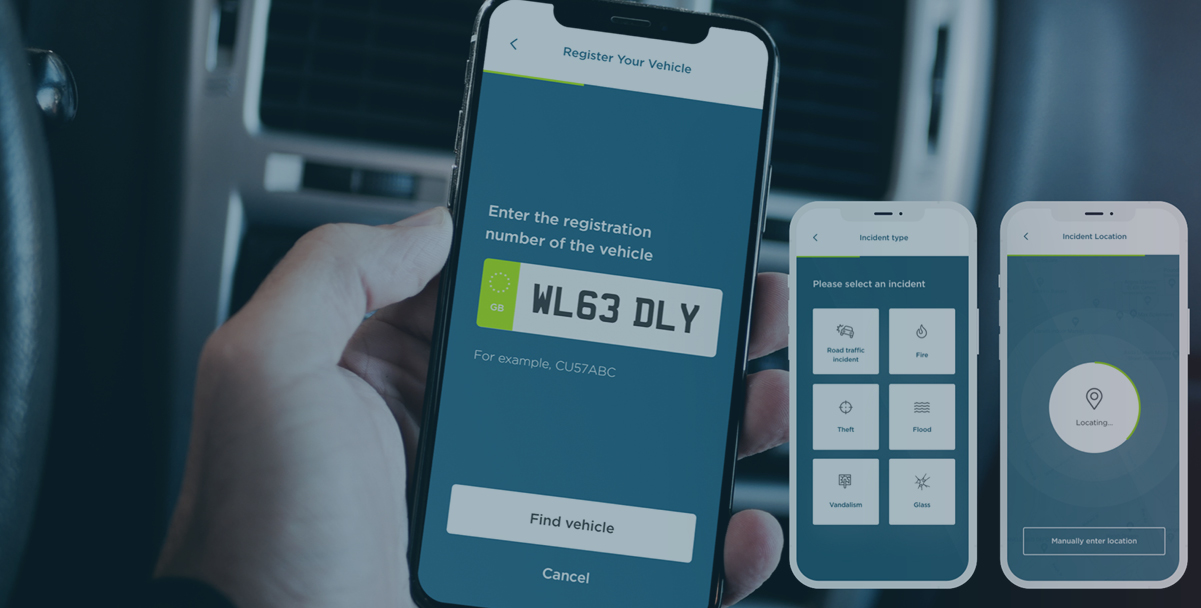Effective strategy and focused leadership – the twin pillars of customer experience
4th October 2021

This blog is part of our series of insights for National Customer Service Week. The changing world of work and it’s impact on customer and employee experience was shared on Monday and on Tuesday we looked at top tips for handling rude customers. On Wednesday we looked at customer empathy: the often-forgotten secret weapon of effective CX.
Each year Forbes publishes a list of the strongest brands in the world. Although never in quite the same order the same brands pop up in the top ten – Apple, Google, Facebook, Coca Cola, Amazon, and Disney. They are brands that remain true to a core ideology (which is reflected in all their strategies) and enjoy strong and focused leadership. But how do successful brands bring such principles to life? Here are six steps that many of them take:
Strategies aligned with core ideology
The strongest brands ensure all their strategies are fully aligned with their core ideology. They recognise that vision, mission and values are not worth the paper they are printed on unless they are enacted throughout the organisation. Steve Jobs made design the primary ideology for Apple’s strategy and this has shaped the company’s success for the past three decades.
Leadership by example
You can have the best blueprint for business in the world but, without effective leadership, it will only ever be a blueprint. The best leaders mix a number of skills and attributes, demonstrating an ability to be:
• Visionaries – inspiring the people they work with
• Interpreters – identifying the role that every employee has to play in delivering the core ideology
• Coaches – encouraging performance in good times and bad
• Communicators – with the gift of talking everybody’s language
In companies that deliver great customer experience, leaders can be found at every level of the organisation. Brands like Amazon and John Lewis – who regularly top the Institute of Customer Service’s (ICS) CSAT Index Top 50 – practice leadership ‘upwards and downwards’. They have brand guardians throughout the company who are prepared to challenge their managers if they identify a process or experience that is not true to the brand’s core ideology.
Hire for attitude. Train for skills.
Make sure that you hire employees who have the right mind-set – people who match the values and behaviours that your brand wants to exhibit. Southwest Airlines consciously seek out people who want to: “have fun; don’t take themselves too seriously; enjoy their work; and are passionate team-players”. Having found them, they then teach them how to do the job. First Direct, who regularly top the charts for great customer service, ask potential recruits to take a personality quiz to ensure that they are right for First Direct (and First Direct is right for them).
Make sure your staff understand (and buy into) your brand promise
All your employees should know and be reminded regularly of why they come to work. Especially in a service industry, your people are the frontline of your brand management programme. It’s their interactions with customers that will determine the way your brand is perceived – regardless of how brilliant your product or advertising is. Some years ago the Insurance company Commercial Union ran an award-winning advertising campaign using the slogan, ‘We won’t make a drama out of a crisis’. This summarised the core proposition of its offer – to pay up when a claim was made. But the people who mattered most, the company’s claims teams, hadn’t bought into the concept. They were still operating under the rules of an old culture that sought to protect the company’s interests. The result was a disenfranchised workforce who felt they had been hung out to dry.
Freedom within a framework
While it’s important that your people enact your brand promise it’s equally important to allow them to express their individual characters. In the hundreds of thousands of pieces of feedback that Davies gathers on behalf of its clients one of the consistently loudest customer complaints is about service agents reading from a script. For some things, customers do not want automation – they want a human being that is easy to talk to. Ethical cosmetics brand Lush (a regular top performer in customer experience) understands this need for ‘freedom within a framework’. The brand regularly campaigns on ethical issues but every Lush shop has the right to opt out of a window campaign if the local staff have strong personal reasons.
Put the customer at the heart of the experience
Customer experience is how your customers perceive their relationship with your company. It is not what you have decided they need. Customer centricity means operating as a business without silos and engaging in regular dialogue with your customer – listening rather than telling is a good default mode. The rise of social media has empowered customers and switched the balance of power away from brands – and successful businesses will be those acknowledge this shift and adapt quickly.
If you’re looking to support the leaders in your business to deliver excellent CX and an effective employee engagement programme, then we can help.
Free time in your diary?
To find out more about how we can help, please get in touch with Lee Mostari, Director of Insight and Analytics, to arrange time to talk. You can contact Lee at Lee.mostari@davies-group.com
Related Articles
-
- Article
- Consulting
- Technology
How to create an environment of diversity and inclusion in insurance
‘Diversity in the workplace’ has become a very prominent recruitment prerogative in recent…
-
- Article
- Claims Solutions
- Technology
Davies launches app that will digitise the customer journey
The last 12 months have accelerated the use of digital functions…
-
- Article
- Claims Solutions
- Insurance Solutions
- Technology
When virtual events and technology failures collide
We often hear the saying ‘technology is great when it works’.…
-
- Article
- Technology
Employees bring value to customer experience programmes
Having happy, engaged employees in customer-facing roles will help to drive…



